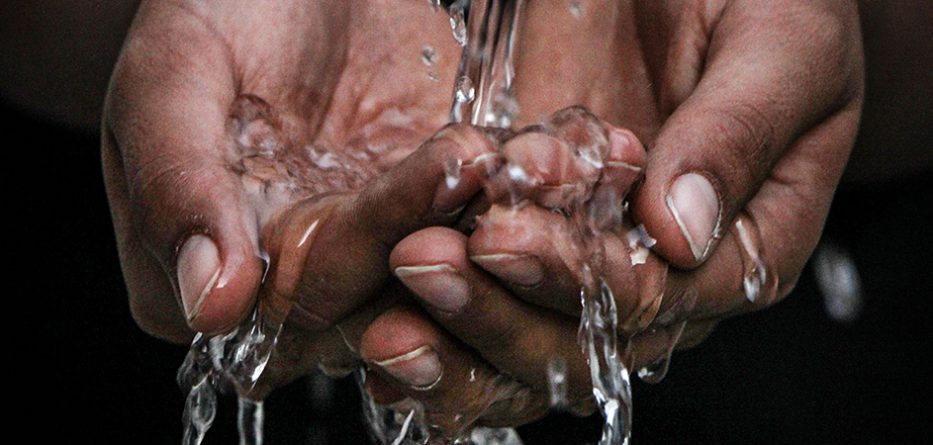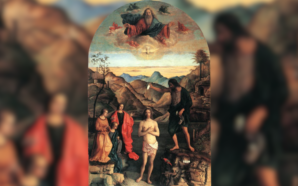I Thirst. – JN 19:28
Science tells us that water is the stuff of life; it is vital for all living organisms and about 60 per cent of the average adult’s body weight is water – at birth, this may be as high as 75 per cent.
No wonder then that our faith sees ‘water’ as a divine symbol of God’s life in us and urges us to ‘give water’ physically and spiritually to others. As G.K. Chesterton once remarked: “All water is holy water!”
There is a profound link between a spiritual thirst, prayer and encountering Christ today. Mother Teresa put it well when, after four hours at prayer, she once said to a gathering of people:
“Jesus wants me to tell you again how much is the love he has for each one of you – beyond all what you can imagine. Not only that he loves you; even more – he longs for you. He misses you when you don’t come close. He thirsts for you. He loves you always, even when you don’t feel worthy. Why does Jesus say ‘I thirst’? What does it mean? Something so hard to explain in words. ‘I thirst’ is something much deeper than just Jesus saying ‘I love you’. Until you know deep inside that Jesus thirsts for you, you can’t begin to know who he wants to be for you. Or who he wants you to be for him.” (Letter to the Missionaries of Charity, Easter, 1993.)
All of us search in our own ways and at our own pace for the great beauty of God made flesh in Jesus of Nazareth. We ‘thirst’ for his presence. The writer Frederick Buechner describes a moment where his ‘thirst’ for God was made real. He was at Sea World in Florida (of all places) on a beautiful day as six killer whales were released into the tank:
“What with the dazzle of the sky and sun, the beautiful young people on the platform, the soft southern air, and the crowds all around us watching the performance with a delight matched only by what seemed the delight of the performing whales, it was as if the whole of creation – men and women and beasts and sun and water and earth and sky and, for all I know, God himself – was caught up in one great, jubilant dance of unimaginable beauty. And then, right in the midst of it, I was astonished to find that my eyes were filled with tears … I believe there is no mystery about why we shed tears … We shed tears because we were given a glimpse of the way life was created to be and is not” (The Longing for Home, pp 126-127).
There is also no mystery to the imperative of the Gospel that we respond to those who are thirsting at all levels. Certainly, we are now, rightly, very conscious that we need to care for our planet. Many lack the basic access to water needed for dignity, and organisations like Caritas need our support as they assist these suffering people. In our land of drought and flood no one can seriously practise the works of mercy unless he or she cares for the earth and the poor – as God’s good creation.
And in our inner lives – where we are alone before the living God – our ‘thirst’ for God needs to be addressed. Maybe we are ‘thirsting’ but for the wrong things!
Mary Oliver’s poem, Thirst, provides one way forward. It suggests we all need a long ‘conversation in our hearts’ on how we find the living water as we age and dry up!
Let her prayer and wisdom be ours.
THIRST
Another morning and I wake with thirst for the goodness I do not have.
I walk out to the pond and all the way God has given us such beautiful lessons.
Oh Lord, I was never a quick scholar but sulked and hunched over my books past the hour and the bell; grant me, in your mercy, a little more time.
Love for the earth and love for you are having such a long conversation in my heart.
Who knows what will finally happen or where I will be sent, yet already I have given a great many things away, expecting to be told to pack nothing, except the prayers which, with this thirst, I am slowly learning.
Mary Oliver.
This article is part of a series of Lenten reflections entitled A Spirit of Mercy: Reflections on the Works of Mercy by Br Mark O’Connor FMS.
Br Mark O’Connor FMS is the Vicar for Communications in the Diocese of Parramatta.






